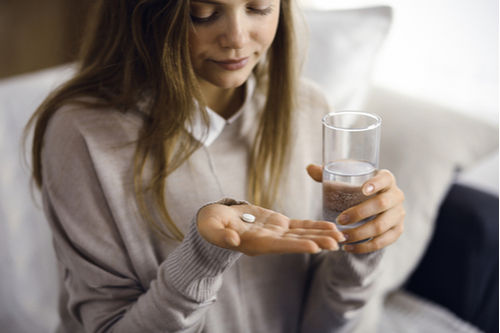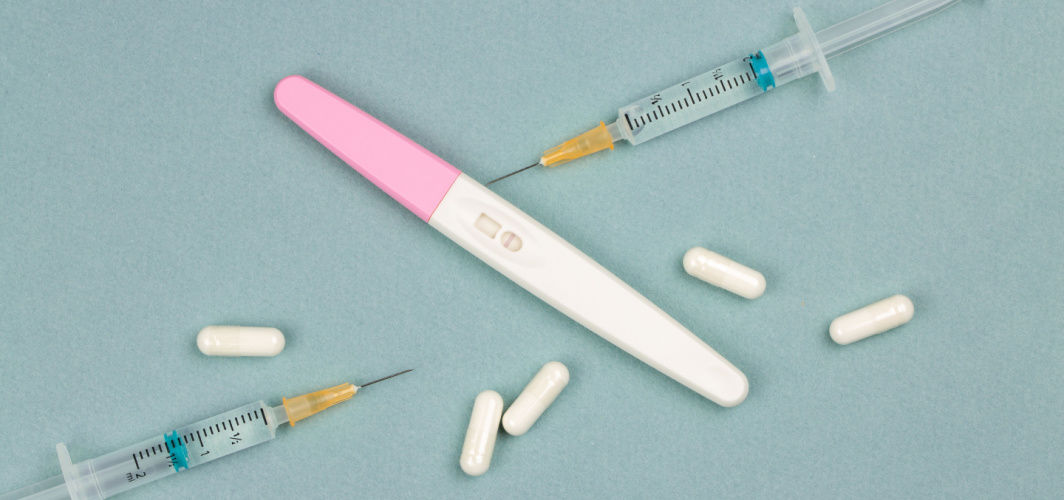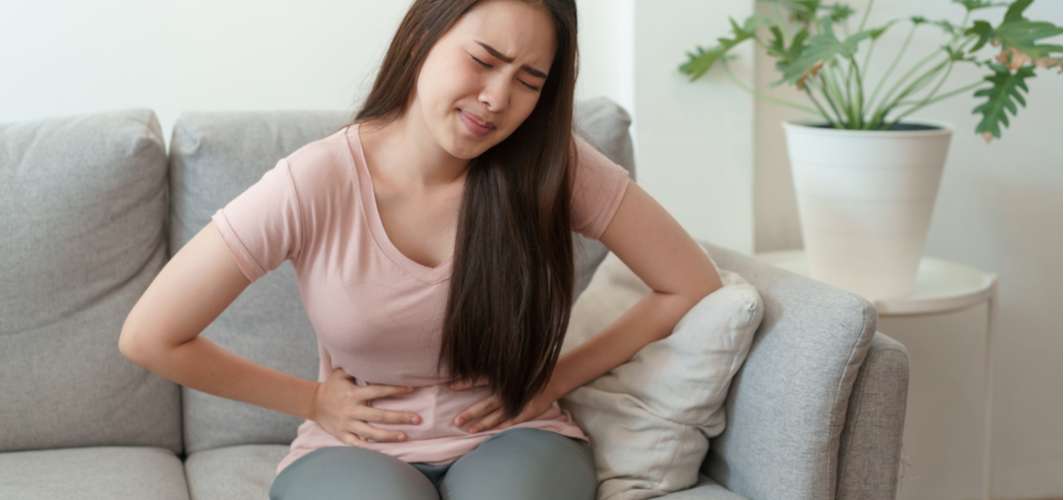Women's Wellness
Why Are Women More Prone To Fractures?
4 min read
By Apollo 24|7, Published on - 16 May 2022, Updated on - 22 May 2024
Share this article
0
0 like

Did you know one in every three women over the age of 50 years are prone to suffer a fracture due to weak bones? While most women experience weakening of bones after a certain age, some may develop severe loss of bone mass resulting in osteoporosis. While it can affect both genders, osteoporosis is more prevalent in women than men. Furthermore, various studies conducted across the globe have revealed that Indian women are more prone to osteoporosis as they tend to have lower bone mineral density than Caucasians and Africans.
What is osteoporosis?
Osteoporosis is a skeletal disorder where the person experiences low bone mass and degradation of bone tissues, thereby making the bones fragile and prone to fractures. Osteoporosis can occur due to various reasons, some of the major reasons include advancing age, menopause, hypogonadism (when the sex glands produce less or no sex hormones), low body mass index, vitamin D deficiency, low bone mineral density, rheumatoid arthritis, smoking and excessive alcohol consumption.
Who is at increased risk of developing osteoporosis?
People who are at greater risk of developing osteoporosis, include:
- People above the age of 50 years
- People with a family history of osteoporosis
- People suffering from bone-related diseases such as rheumatoid arthritis
- People who have been consuming steroids for a long time

- People with eating disorders
- Smokers and those who consume excessive alcohol
- Women suffering from early menopause (before attaining the age of 45 years)
- Women who have not had periods for 3 to 6 months
- Women who have undergone the surgery for uterus removal (hysterectomy)
Why is osteoporosis more prevalent in women?
Two major factors that are responsible for the prevalence of osteoporosis in women are:
- The lack of calcium-rich foods in the diet is one of the major reasons that contribute to osteoporosis in women.
- As per the Indian Council of Medical Research, the recommended dietary allowance of calcium is 600 milligrams (mg) per day for women. However, most Indian diets do not meet this requirement, thus leaving people calcium deficient.
- Also, in the case of vitamin D deficiency, the calcium in the food does not get absorbed in the body. The recommended intake of vitamin D is 1000 to 1200 milligrams (mg) per day.
- Another reason for bone loss is hormonal changes after menopause. Studies have shown that some women can lose up to 20% of their bone density during the five to seven years after menopause.
- After menopause, women get more prone to osteoporosis as there is reduced release of oestrogen in the body.
- Oestrogen is one of the sex hormones which helps in developing and maintaining the reproductive system in a female body. Oestrogen also prevents the resorption of bone and helps in increasing bone density.
- However, the chances of getting osteoporosis after menopause depends upon the amount of bone density the woman has when she reaches menopause. The greater the bone density is the lower the chance of developing osteoporosis.
What can be done to prevent osteoporosis in women?
Women over the age of 50 years must get their bone mass and density checked every year. Doctors may recommend scans such as a DEXA scan (dual-energy X-ray absorptiometry scan), or an MRI or CT scan of the spine to check the bone density and to determine if the woman has any symptoms of osteoporosis. Things that can be done to prevent osteoporosis include:
- Women must include more calcium-rich foods such as milk, cheese, other dairy products, chia seeds, almonds, and green leafy vegetables in their diet. One can also consume calcium supplements but only after getting a medical consultation.
- People must spend at least half an hour in the sun to activate the production of vitamin D in the body (a precursor of vitamin D is already present under the skin). Vitamin D supplements can also be taken after consulting a doctor.
- Women must indulge in some weight-bearing and muscle-strengthening exercises regularly to keep their bodies healthy and active.
- Women must quit smoking as smoking reduces the ability of the body to absorb calcium.
- Consumption of alcohol must be reduced to one drink a day for women and not more than two drinks per day for men.

- Women can also resort to medical treatments such as Hormone Replacement Therapy and oestrogen agonists, which help in retaining the level of oestrogen in the body.
- Regular checkups and consultations from orthopaedic doctors (bone specialists) must be done to ensure the early detection of osteoporosis or any other bone-related illness.
Osteoporotic women have a lifetime risk of fracturing their hip, spine, and wrist. Therefore, women must consume a calcium-rich diet and get their bone health examined frequently to avoid the risk of developing osteoporosis later in life. Women who have already been diagnosed with osteoporosis must be cautious while walking up and down the stairs or in a place with insufficient light as they are prone to getting fractures. These people should always keep the lights of their stairways and bathrooms open to avoid any falls.
Click To Consult An Orthopaedic Doctor
Medically reviewed by Dr Sonia Bhatt.
Leave Comment
Recommended for you

Women's Wellness
Laparoscopy For Infertility: Procedure, Uses And Recovery
Discover laparoscopy for infertility: Learn about the procedure, uses, recovery, and potential for achieving pregnancy. Get informed today!

Women's Wellness
Endometriosis: The Hidden Cause of Severe Menstrual Pain
Severe period pain could be a sign of endometriosis, a condition where the endometrium develops in places other than the inner lining of the uterus.

Women's Wellness
Can a Diet Rich in Omega-3 Fatty Acids Prevent PCOS?
A recent study found that consuming a diet rich in omega-3 polyunsaturated fatty acids (PUFAs) may reduce the risk of developing PCOS.
Subscribe
Sign up for our free Health Library Daily Newsletter
Get doctor-approved health tips, news, and more.
Recommended for you

Women's Wellness
Laparoscopy For Infertility: Procedure, Uses And Recovery
Discover laparoscopy for infertility: Learn about the procedure, uses, recovery, and potential for achieving pregnancy. Get informed today!

Women's Wellness
Endometriosis: The Hidden Cause of Severe Menstrual Pain
Severe period pain could be a sign of endometriosis, a condition where the endometrium develops in places other than the inner lining of the uterus.

Women's Wellness
Can a Diet Rich in Omega-3 Fatty Acids Prevent PCOS?
A recent study found that consuming a diet rich in omega-3 polyunsaturated fatty acids (PUFAs) may reduce the risk of developing PCOS.